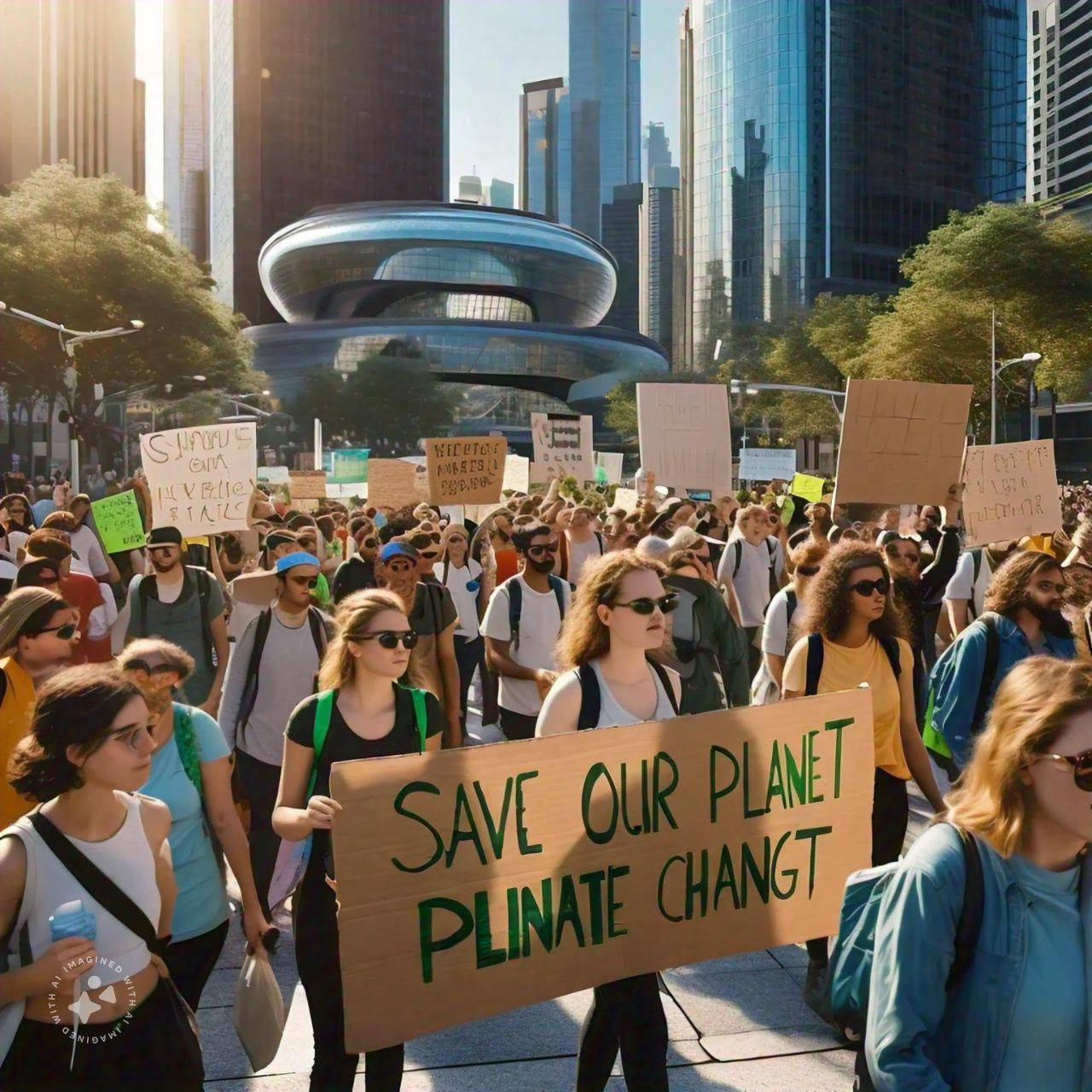Climate change is one of the greatest challenges of our time, impacting not only the environment but also human health in profound ways. Rising temperatures, extreme weather events, and shifting ecosystems are causing health issues that range from respiratory diseases to mental health concerns. Here’s a look at how climate change affects health and what we can expect as the planet continues to warm.
How Climate Change Impacts Health
1. Increased Respiratory Issues
Rising temperatures lead to higher levels of air pollution, which can exacerbate respiratory conditions like asthma, bronchitis, and other lung diseases. Warmer temperatures and more carbon dioxide in the air also boost pollen production, increasing the severity of allergies and asthma attacks.
2. Heat-Related Illnesses
Extreme heat waves are becoming more frequent and severe, putting people at risk of heat-related illnesses like heat exhaustion and heat stroke. Elderly people, children, and those with pre-existing health conditions are particularly vulnerable. Heat stress can also worsen cardiovascular diseases and kidney disorders.
3. Waterborne and Foodborne Diseases
Higher temperatures and more frequent flooding create ideal conditions for bacteria and parasites to thrive in water and food supplies. This increases the risk of diseases like cholera, salmonella, and other gastrointestinal infections, especially in regions with inadequate sanitation and water treatment facilities.
4. Vector-Borne Diseases
Warmer temperatures and changing rainfall patterns are expanding the habitats of disease-carrying vectors like mosquitoes and ticks. Diseases like malaria, dengue fever, Zika virus, and Lyme disease are spreading to new regions, affecting communities that may lack immunity and healthcare resources to handle these illnesses.
5. Mental Health Impacts
The psychological effects of climate change are significant. People affected by natural disasters like hurricanes, wildfires, and floods often experience trauma, anxiety, and depression. Climate-related stress can also lead to “eco-anxiety,†a sense of worry about the future of the planet, affecting mental well-being across age groups.
Vulnerable Populations
While climate change affects everyone, certain populations are more vulnerable to its health impacts:
Children are particularly susceptible to air and water pollution, which can impair their development.
Elderly people are more likely to suffer from heat-related illnesses and have pre-existing health conditions that make them more sensitive to climate impacts.
Low-income communities often lack the resources to adapt to or recover from climate-related health risks and may live in areas with higher exposure to pollution or extreme weather events.
What to Expect as Climate Change Progresses
1. More Frequent and Intense Extreme Weather
As climate change continues, we can expect more frequent and intense hurricanes, floods, and droughts. These events disrupt healthcare systems, reduce access to essential services, and cause injuries and deaths. Preparing emergency response systems and improving infrastructure can help mitigate some of these effects.
2. Expanded Disease Ranges
As tropical diseases expand into new areas, healthcare systems in these regions will need to adapt to prevent and manage outbreaks. Investing in vaccination programs, mosquito control, and education about preventing vector-borne diseases will be essential.
3. Increased Food and Water Insecurity
Changes in weather patterns affect crop yields, water supply, and food availability. This can lead to malnutrition, especially in areas already struggling with food insecurity. Addressing climate-related agricultural challenges will be necessary to ensure access to safe and nutritious food.
4. Rising Health Inequities
Climate change can deepen existing health inequities, as poorer communities are more vulnerable to extreme weather, food insecurity, and disease outbreaks. Strengthening healthcare access and resilience in these communities will be critical to reducing climate-related health disparities.
Taking Steps to Protect Health Amid Climate Change
Although climate change poses significant health risks, there are ways to protect yourself and reduce your impact:
Stay Informed and Take Precautions: Pay attention to air quality reports and limit outdoor activity during high-pollution days. During heat waves, stay hydrated, cool, and check on vulnerable neighbors.
Reduce Your Carbon Footprint: Actions like using public transportation, reducing waste, and choosing renewable energy sources contribute to lowering greenhouse gas emissions and slowing climate change.
Advocate for Climate Action: Support policies that address climate change at the local and national levels. By encouraging sustainable practices and investing in renewable energy, communities can build resilience to climate-related health impacts.
The impacts of climate change on health are already being felt and will continue to grow if left unaddressed. By understanding these risks and taking steps to adapt and mitigate them, we can protect our health and support a sustainable future for generations to come.
Key Takeaway: Climate change is more than an environmental issue; it’s a public health crisis. Recognizing its impacts and taking proactive steps can help protect individuals and communities from its most severe health effects.



No comments yet
Be the first to share your thoughts!